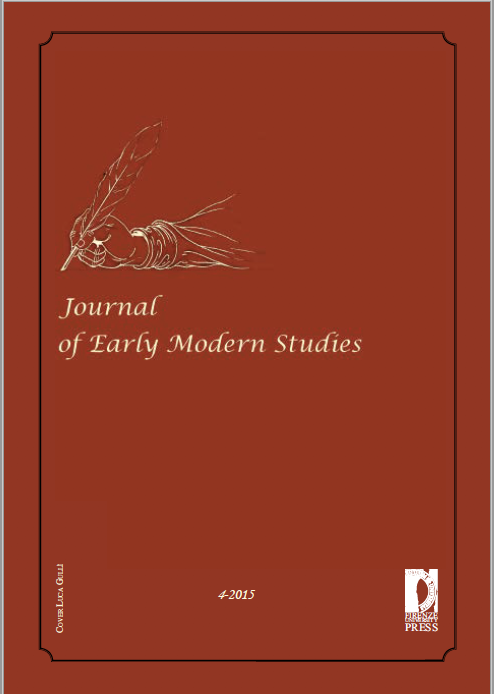‘The Purgatory of Servants’: (In)Subordination, Wages, Gender and Marital Status of Servants in England and Italy in the Seventeenth and Eighteenth Centuries
Published 2015-03-02
Keywords
- Britain,
- Domestic Servants,
- England,
- Italy
How to Cite
Abstract
Over the last fifty years, historians have been trying to understand differences between the characteristics of servants and their working conditions in different regions of pre-industrial and industrial Europe, differences which seem to be crucial to explaining discrepancies among those regions with respect to important aspects of life, such as the presence of the so-called European marriage pattern, the strength of family ties, the role of the family in providing assistance to its members in need of care. However, modern scholars are not the first to be interested in such diversity of domestic service: so were people who lived in early modern times. So far, their opinions have been neglected, yet they offer precious evidence of how our ancestors imagined European diversity, a crucial theme not only for cultural and social historians but also for contemporaries trying to understand continuities and discontinuities in representations of Europe. I will give examples of the ideas circulating in early modern Europe about servants and servant-keeping in Britain and Italy, making reference to other countries, too, especially France. The sources used are mainly printed texts, particularly travel books, a literary genre that often expresses prejudices and stereotypes. I will evaluate the perspectives of the authors used, drawing on my previous studies on the social history of domestic service, especially as regards the key issues of marriage and family formation.


